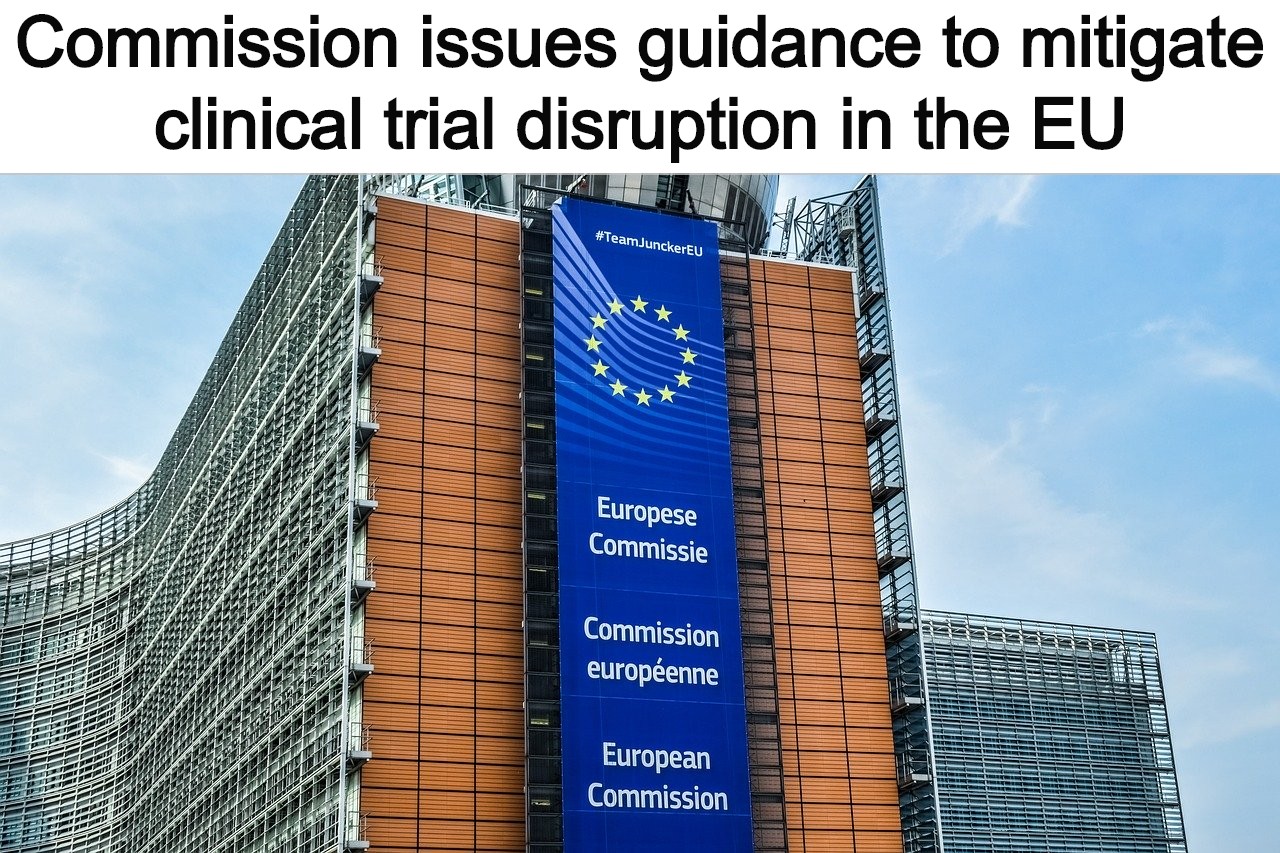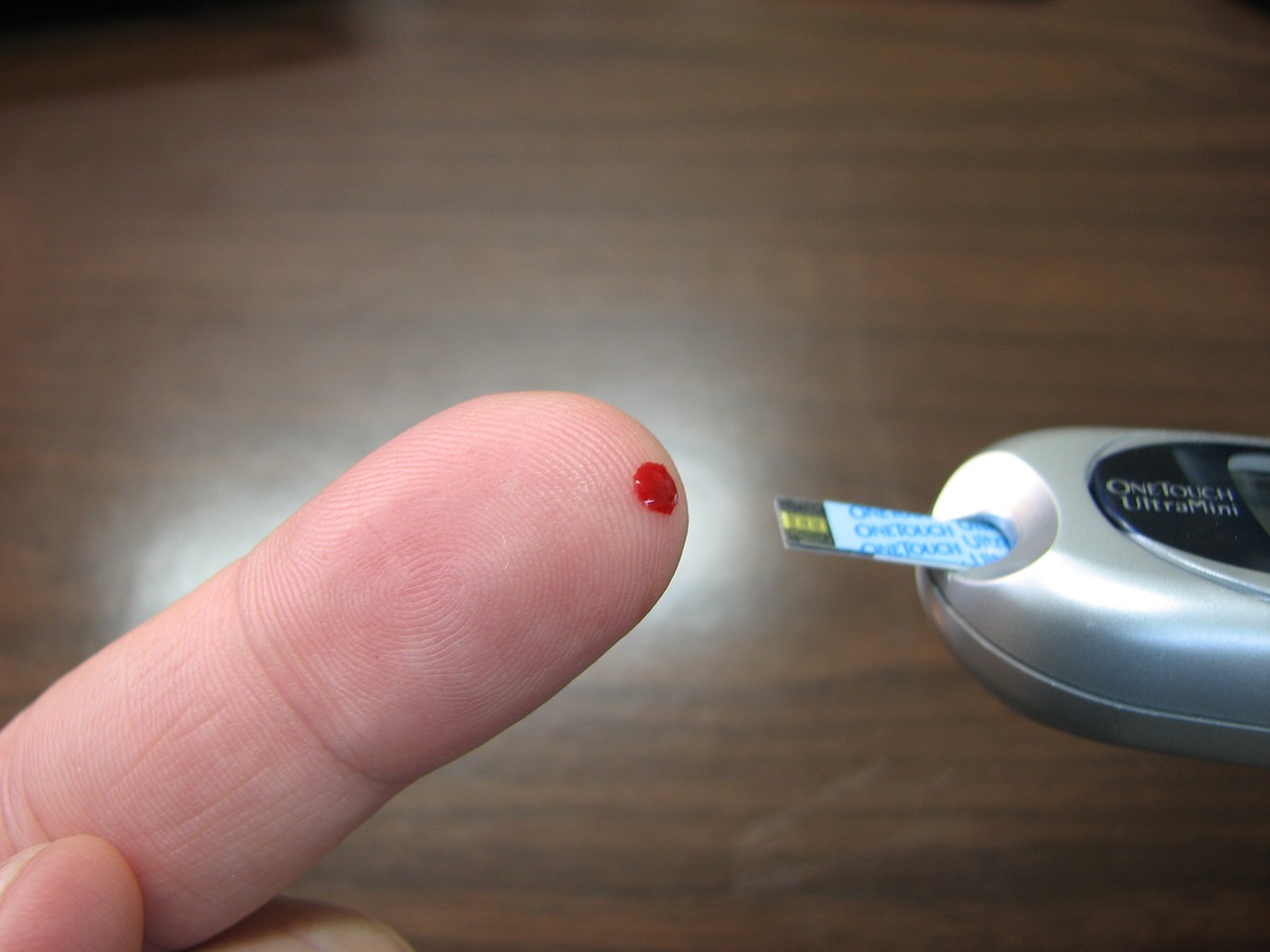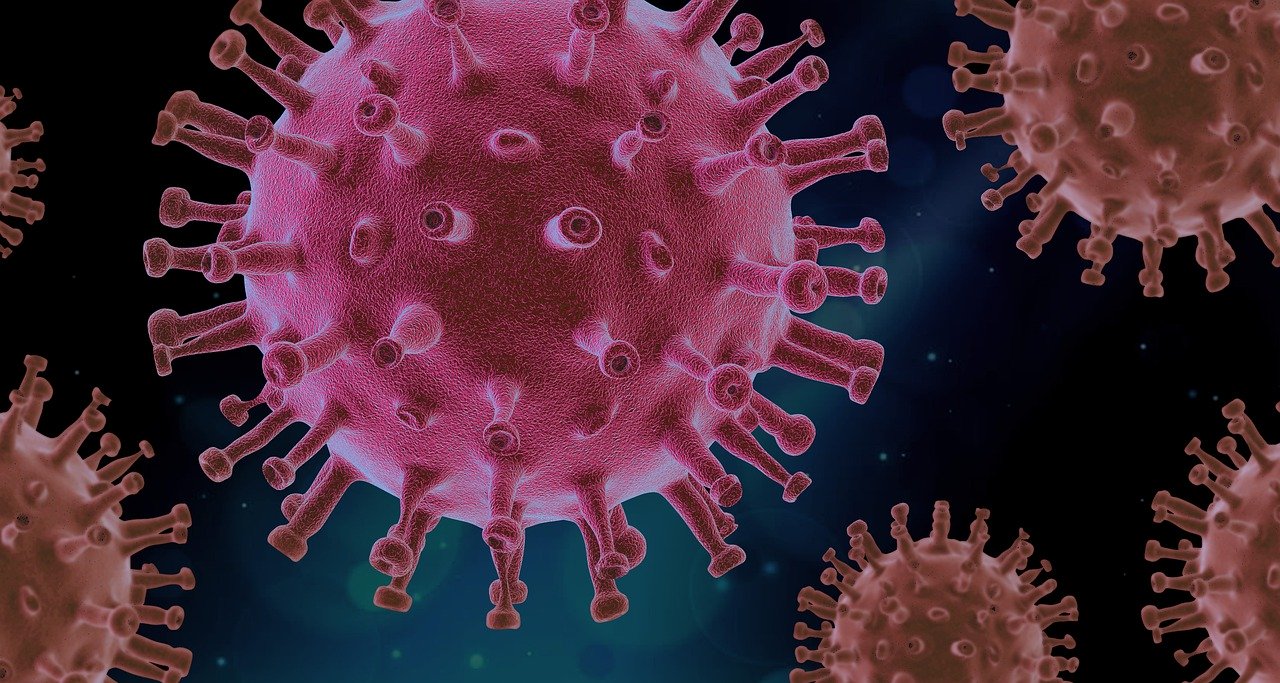Strides Pharma Science Limited (Strides or Company), a global pharmaceutical company today announced that it has developed and commercialized Favipiravir Antiviral tablets. The product is a generic version of Avigan® of Toyama Chemical, Japan. Favipiravir is an antiviral medication that was initially developed to treat influenza in Japan.

Commission has published guidance to ensure that clinical trials can continue taking place in the EU during the COVID-19 pandemic. The aim is to mitigate the disruption of clinical research in Europe and therefore the negative effects of the pandemic, without compromising on quality and safety. These recommendations are an important part of the overall strategy in finding treatments and a vaccine to protect citizens against the coronavirus.















